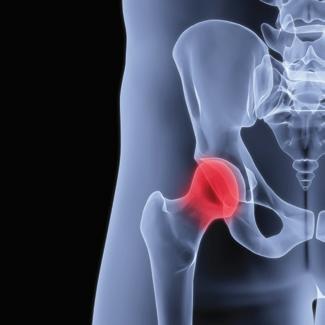4
Encourage reaching out to help others. A study in the Journal of Adolescence suggests that altruistic behaviors, including large and small acts of kindness, may increase teens’ feelings of self-worth, especially if it involves helping strangers. In Poland, the more teens helped out others in a flood, the more supportive and proactive they became, another study found. Depending on their interests, teens may be drawn to local environmental, social justice, religious or political activities. DoSomething.org offers useful ideas and links, and environmental projects for teens can be found at EarthForce.com, SierraClub. com and GlobalClimateStrike.com. Ronica O’Hara is a Denver-based health writer. Connect at OHaraRonica@gmail.com.
Other Helpful Resources Making Friends with Yourself: A Mindful Self-Compassion Program for Teens and Young Adults: centerformsc.org/ msc-teens-adults Seven Expert Tips for Talking with Teens: ParentAndTeen.com/keep-teenstalking-learn-to-listen/tal How to Communicate with Your Teen Through Active Listening: Psy-Ed.com/ wpblog/communicate-with-teen The Kid’s Guide to Service Projects: Over 500 Service Ideas for Young People Who Want to Make a Difference
inspiration
serejkakovalev/AdobeStock.com
3
Engage them with creative activities. As teens can seek independence, making sure they spend quality time with the family is also important for their well-being, research shows. “Find ways to connect, converse and unwind together as a family,” advises Crissy Fishbane, of RaleighDurham, North Carolina, co-founder of HER Health Collective, an online community for mothers. “Teens need to see their parents engaging in self-care behaviors themselves, and it’s even better if you can engage in self-care as a family.” She suggests taking a virtual or outdoor yoga class together, playing a board game, having sudoku competitions, learning deepbreathing techniques or starting a family book club.
Coronavirus as a Calling N
by Gregg Levoy
ot to diminish the fact that we’re dealing with a serious and worldwide epidemiological threat, the pandemic can be transmuted into golden opportunities, especially if we follow the sometimes blind spiritual instinct that tells us this crisis— indeed each of our individual lives—has purpose and meaning, and that we need to act on this impulse despite the temptation to back down and run for cover. Here are four ways to respond to the call of these turbulent times: Use it as a reset. For months, it has been impossible to conduct busyness-as-usual, and we may be left with unaccustomed time on our hands. But like the asteroid that ushered out the dinosaurs and gave the mammals underfoot a shot at prominence, once the thunder lizards of everyday busyness and distraction are sidelined, parts of us that are normally overshadowed may be given an entrance cue—not just projects we’ve back-burnered in deference to the daily grind, but deeper thoughts and feelings about our priorities, the status quo, work/life (im)balance or our inner life. The better part of valor and wisdom may lie in asking, “What can I learn here?” rather than, “How can I overcome this?” Consider it a powerful meditation. Meditation teachers tell us that distractions aren’t obstacles, they are the meditation, so that we say to ourselves, “Ah, the dog-bark meditation,” or “Ah, the weed-whacker meditation.” The same with the coronavirus. Approach it not just as a distraction
from our goals and how it can block our intentions, but as a vehicle of meditation itself: How do we feel, what wants to emerge and what do we truly know? Appreciate it as connective tissue in society. We’re seeing firsthand how our individual actions can affect those around us, for better and for worse, and that we depend on one another for survival. Washing our hands and sheltering in place are acts of both self-care and community care. In the weeks following 9/11 when the fiction of our invulnerability was so shockingly revealed, many of us began holding doors open for strangers, spending more time with our kids, honking less and listening more. Life’s fragility, our fragility, woke us up to our need for each other. Now that social isolation is suddenly forced on us, it reminds us how precious those connections are. Approach it as a reminder of mortality. The pandemic is a perfect opportunity to practice the fine and fearsome art of nonattachment, because life will ultimately ask us to surrender everything. “We all owe God a death,” Shakespeare wrote. We can use this time to clarify what’s important and how to best use our precious nick of time. When we strip ourselves of any illusions of immortality, we are thus free to live our lives to the fullest. Gregg Levoy is the author of Callings: Finding and Following an Authentic Life and Vital Signs: The Nature and Nurture of Passion, and a regular blogger for Psychology Today. Learn more at GreggLevoy.com. October 2020
27













